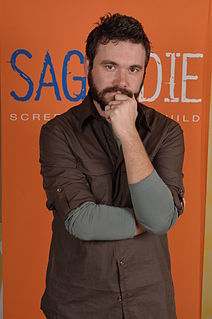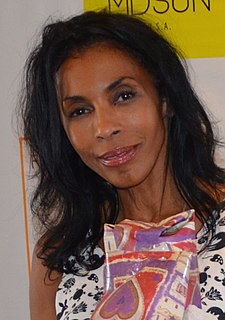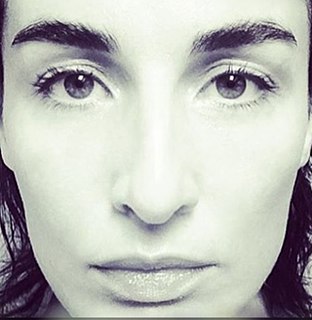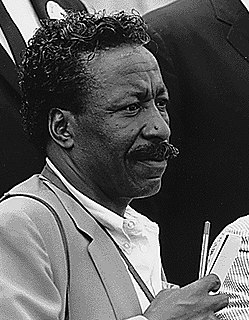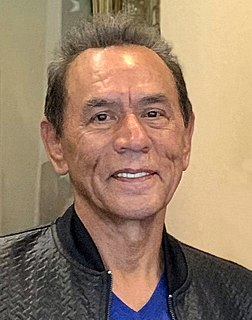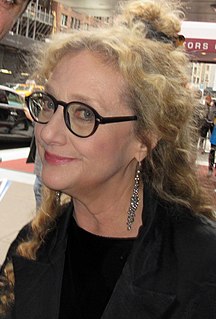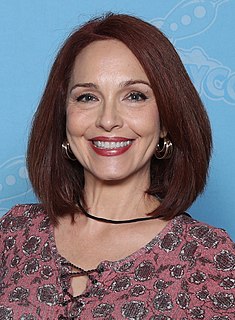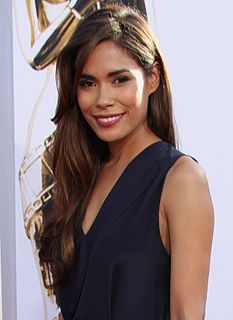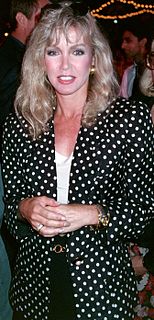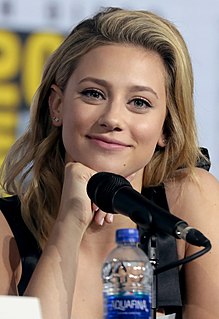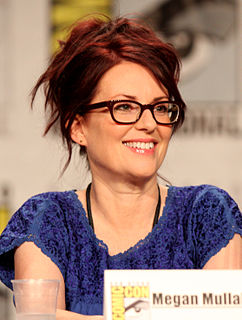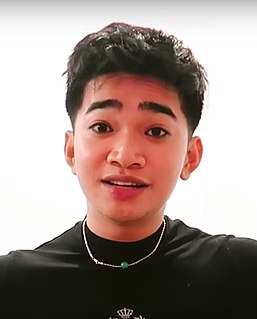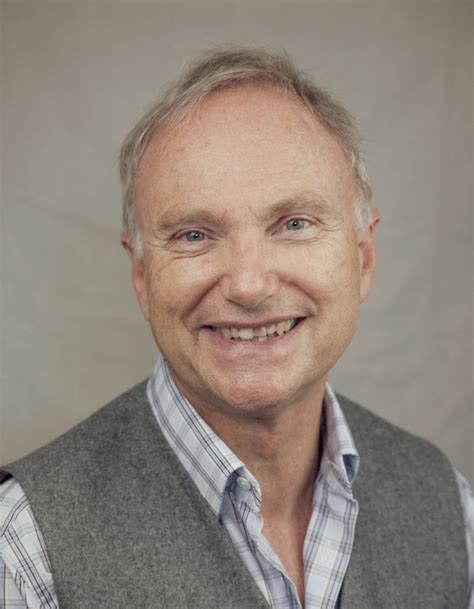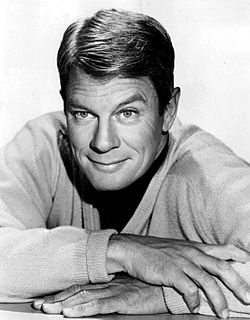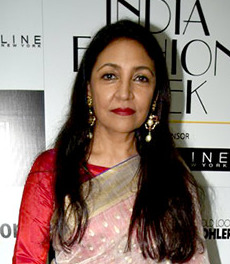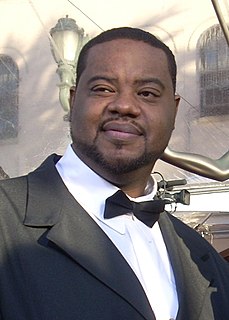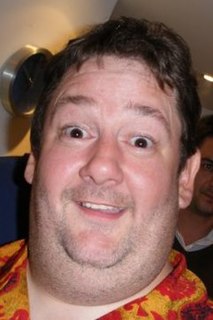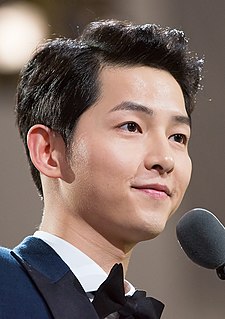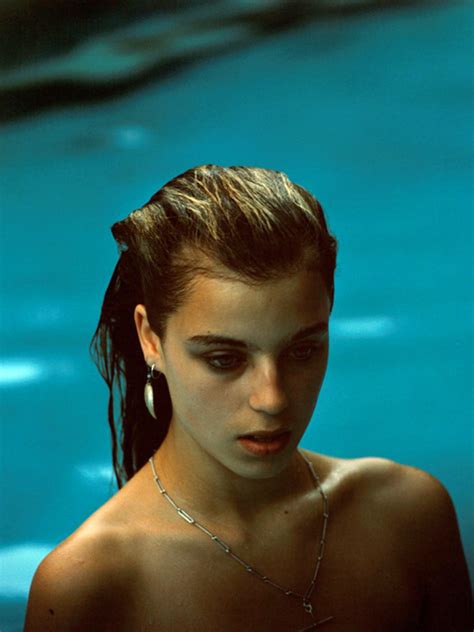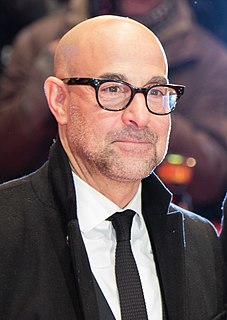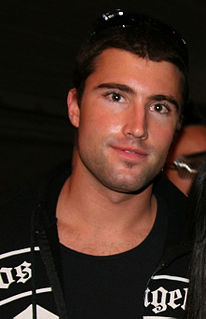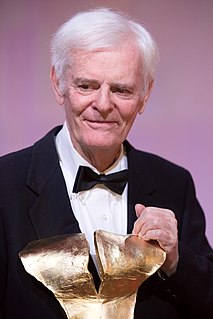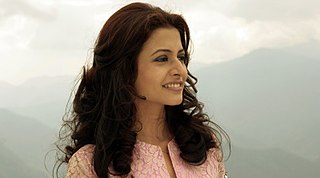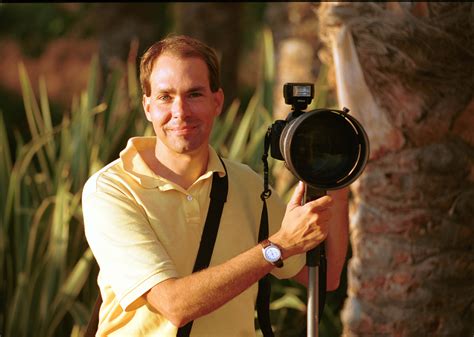Top 1200 Camera Lenses Quotes & Sayings - Page 5
Explore popular Camera Lenses quotes.
Last updated on October 6, 2024.
With photography, everything is in the eye and these days I feel young photographers are missing the point a bit. People always ask about cameras but it doesn't matter what camera you have. You can have the most modern camera in the world but if you don't have an eye, the camera is worthless. Young people know more about modern cameras and lighting than I do. When I started out in photography I didn't own an exposure meter - I couldn't , they didn't exist! I had to guess.
In drama, you're interacting with other actors to tell the story. The camera is like the theater: it's the artistic fourth wall. In a screen play, you don't look at the camera and communicate with it. But with hosting, you're looking right into the lens and talking to the people. It is a different style, and it's fascinating.
I couldn't be 'Johnny' in front of a camera in acting jobs and behind the camera I like to be 'Michael.' With directing, you can't do it by halves. There's a lot of reflection, and I have found that I, as 'Michael,' thrive on it. It's lovely coming home and feeling that stuff from a day's work as myself.

